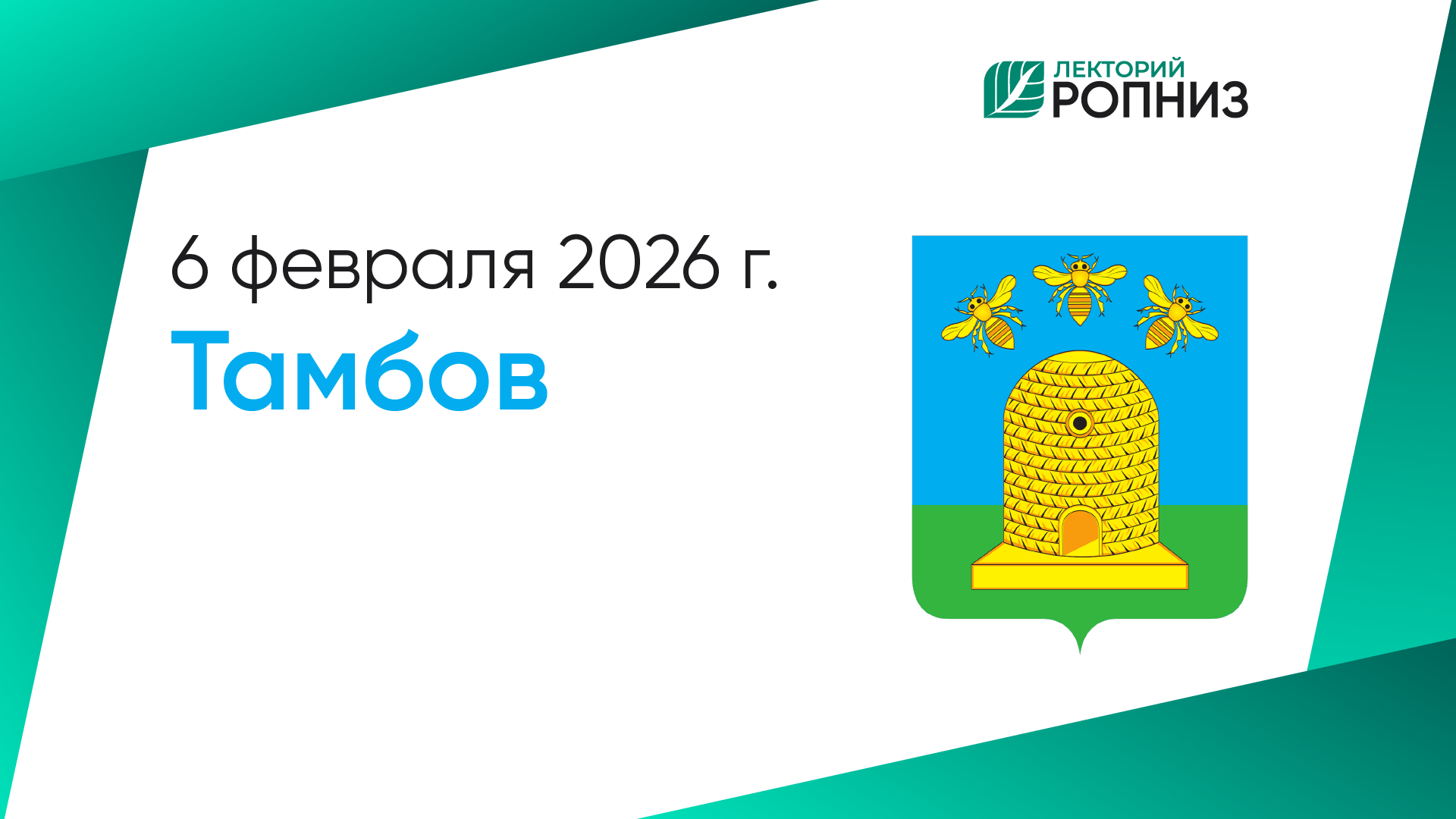Key results of the "Woman — a Health Model" project in the Republic of Buryatia: a focus group study
https://doi.org/10.15829/1728-8800-2025-4529
EDN: QPYMMW
Abstract
Aim. To assess health literacy (HL) among participants of the "Woman — a Health Model" project in the Republic of Buryatia.
Material and methods. The "Woman — a Health Model" project was implemented in the Republic of Buryatia. A total of 184 females aged 18 and older were surveyed online to assess their health status using the validated HLS19-Q-RUS questionnaire, developed based on an international questionnaire and standardized indices for four levels of health status. The survey also included a preventive dictation.
Results. An assessment of the health status of project participants in the Republic of Buryatia revealed that 50% of women had insufficient and problematic health status. Women aged 18-25 (66,7%) experienced the greatest difficulties in managing health information. According to the preventive dictation, only 50% of respondents in the 46-55 and 66-75 age groups correctly defined the concept of "health". Moreover, in the 18-25 age group, the understanding of this term is 100% incorrect. Furthermore, respondents of this age group lack a proper understanding of certain basic principles of healthy eating.
Conclusion. A low and insufficient level of HL was identified among project participants in the Republic of Buryatia, which made it possible to identify key areas for training women in the fundamentals of a healthy lifestyle and health information management skills based on the data obtained.
About the Authors
E. V. UsovaRussian Federation
Petroverigsky Lane, 10, bld. 3, Moscow, 101990
M. V. Lopatina
Russian Federation
Petroverigsky Lane, 10, bld. 3, Moscow, 101990
V. A. Zinovieva
Russian Federation
Petroverigsky Lane, 10, bld. 3, Moscow, 101990
E. B. Dorzhieva
Russian Federation
Tsivileva St., 2, Ulan-Ude
M. S. Kulikova
Russian Federation
Petroverigsky Lane, 10, bld. 3, Moscow, 101990
A. V. Kontsevaya
Russian Federation
Petroverigsky Lane, 10, bld. 3, Moscow, 101990
O. M. Drapkina
Russian Federation
Petroverigsky Lane, 10, bld. 3, Moscow, 101990
References
1. Lopatina MV, Popovich MV, Kontsevaya AV, et al. Determinants of health literacy: the results of the first population survey in the Russian Federation. Journal of Preventive Medicine. 2021;24(12):57 64. (In Russ.) doi: 10.17116/profmed20212412157.
2. Okan O, Bauer U, Levin-Zamir D, et al. International handbook of health literacy. Research, practice and policy across the lifespan. 2019. Policy Press Bristol. 764 р. ISBN: 978-1447344513.
3. Corrarino JE. Health literacy and women's health: challenges and opportunities. J Midwifery Womens Health. 2013;58(3):257-64. doi:10.1111/jmwh.12018.
4. Sorensen K, Pelikan JM, Rothlin F, et al. Health literacy in Europe: comparative results of the European health literacy survey (HLSEU). Eur J Public Health. 2015;25:1053-8. doi: 10.1093/eurpub/ckv043.
5. Alhalal E, Hadidi B, Saad AF, et al. The Effect of Health Literacy on Health-Related Quality of Life Among Saudi Women With Chronic Diseases. J Nurs Res. 2023;31(3):e279. doi: 10.1097/jnr.0000000000000558.
6. Imamura Y, Kubota K, Morisaki N, et al. Association of Women's Health Literacy and Work Productivity among Japanese Workers: A Web-based, Nationwide Survey. JMA J. 2020;3(3):232-239. doi: 10.31662/jmaj.2019-0068.
7. Lee Sh-YD, Tsai T-I, Tsai Y-W, et al. Health literacy and women's health-related behaviors in Taiwan. Health Educ Behav. 2012;39(2):210-8. doi: 10.1177/1090198111413126.
Supplementary files
What is already known about the subject?
- Improving public health literacy is one of the fundamental components determining the effectiveness of preventive interventions.
- Women's health literacy is an important component enabling them to actively participate in health promotion activities.
What might this study add?
- Assessing women's health literacy helps identify their health information management skills and target groups for which educational programs and preventive measures should be developed and implemented first.
Review
For citations:
Usova E.V., Lopatina M.V., Zinovieva V.A., Dorzhieva E.B., Kulikova M.S., Kontsevaya A.V., Drapkina O.M. Key results of the "Woman — a Health Model" project in the Republic of Buryatia: a focus group study. Cardiovascular Therapy and Prevention. 2025;24(9):4529. (In Russ.) https://doi.org/10.15829/1728-8800-2025-4529. EDN: QPYMMW
JATS XML

























































